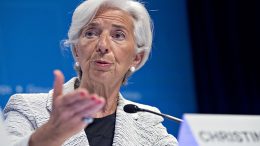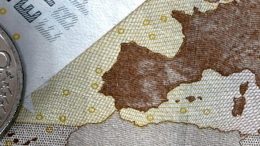Spain Ends 1H20 On The Verge Of Recession With Structural Reforms And Fiscal Changes On the Horizon
Yesterday, it was confirmed the historical collapse of Spanish GDP: it declined 5.2% until March due to Covid-19, its biggest quarterly fall recorded in the historical series. With a contraction of the activivity in the second quarter greater than that in the first taken for granted, Spain is facing a recession. In this context, the Bank of Spain argues that the only way to bring the country’s accounts back under control after the pandemic will be the combination of fiscal adjustment and structural reforms.










